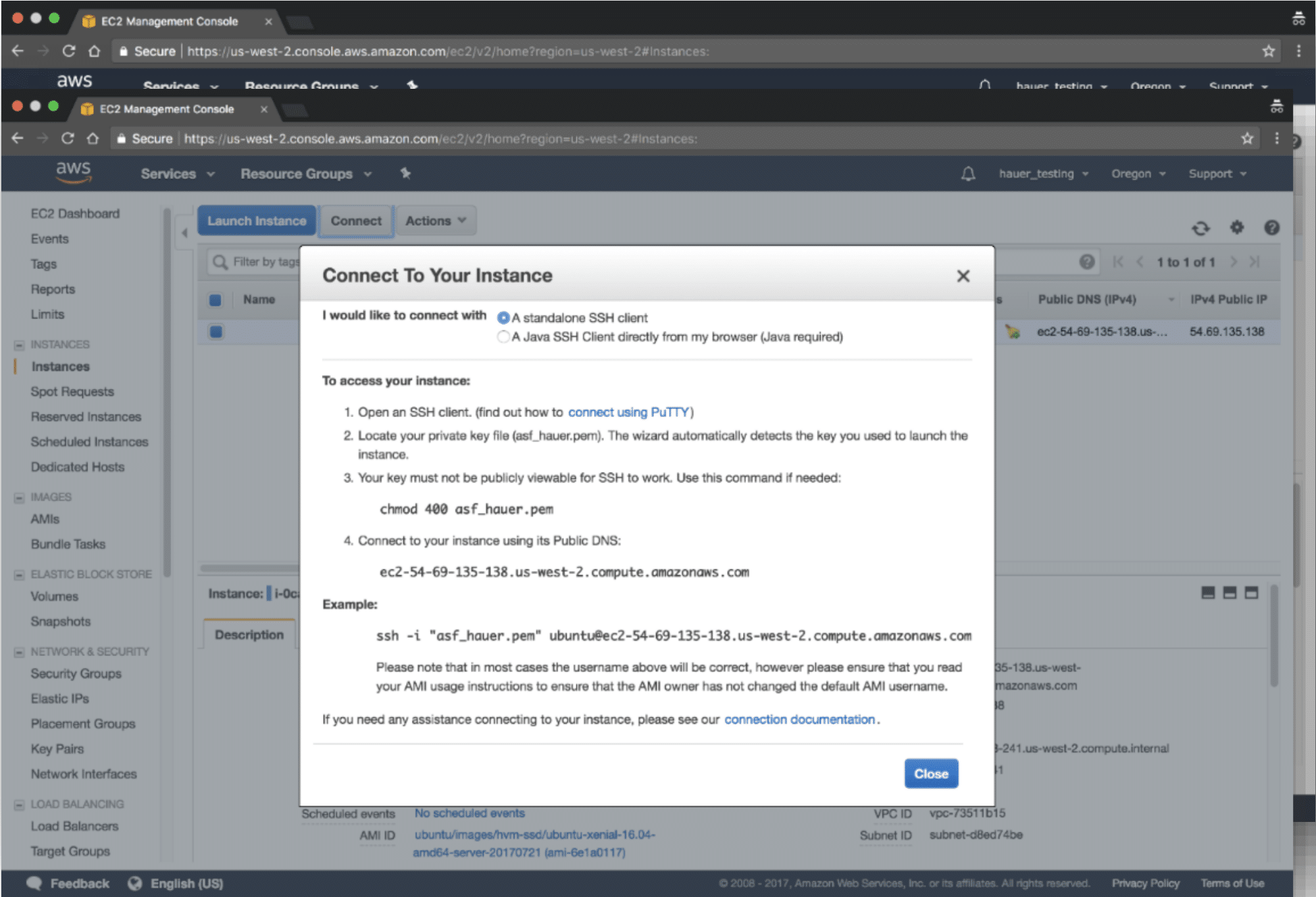

Even with the -p flag, as the man watch page suggests might solve this, the result is the same.Īn easy way to accomplish the desired task, which some touch on, is to run the command in the background.

Which is not exactly being run every second. You wish to run this every second, and most would suggest watch -n1.

Take for instance the script foo.sh (pretend this is a program that takes a few seconds to complete). These are two very different things when the command takes time to finish.
"How to run a program repeatedly so that there are X seconds delay between when the program finished, and the next starts". I think all the answer here so far are either too convoluted, or instead answer a different question: Print "sleep ", $interval - time % $interval, "\n" The interval is computed relative to the epoch, so an interval of 86400 seconds (1 day) will run at midnight UTC. If the command runs more than interval seconds, the next interval will be skipped (unlike cron). Here's a simple Perl script that sleeps until the next interval, so for example with an interval of 10 seconds the command might run at 12:34:00, 12:34:10, 12:34:20, etc., even if the command itself takes several seconds. (In fact a new cron job will launch even if the previous one is still running.) This might be just what you want if so, use one of the other solutions, or use this one but simplify the sleep call.įor one-minute resolution, cron jobs will run at the specified time, regardless of how long each command takes. For example, if you do a sleep 10 between commands, and the command takes 2 seconds to run, then it's going to run every 12 seconds if it takes a variable amount of time to run, then over the long term the time when it runs can be unpredictable. One problem that all the answers posted so far have is that the time the command is executed can drift. % repeat -1 5 echo "This will get echoed every 5 seconds forever." The above examples would then become: % repeat 100 0 echo "I will not automate this punishment." PS: Maybe a better way to do this would be to generalize repeat to take both the number of times to repeat (with -1 meaning infinity) and the number of seconds to sleep between repeats. Run command on mac terminal periodically free#
If not, feel free to post a solution in your favorite scripting language. I know it's like a 2-line Perl or Python script, but maybe there's a more standard way to do this. I thought I'd ask if such a thing exists before I write it. For example, % forever 5 echo "This will get echoed every 5 seconds forever and ever." I'd like a similar command – let's call it forever – that works similarly except the first argument is the number of seconds to pause between repeats, and it repeats forever. Will echo the given string 100 times and then stop. There's a built-in Unix command repeat whose first argument is the number of times to repeat a command, where the command (with any arguments) is specified by the remaining arguments to repeat.įor example, % repeat 100 echo "I will not automate this punishment."







 0 kommentar(er)
0 kommentar(er)
